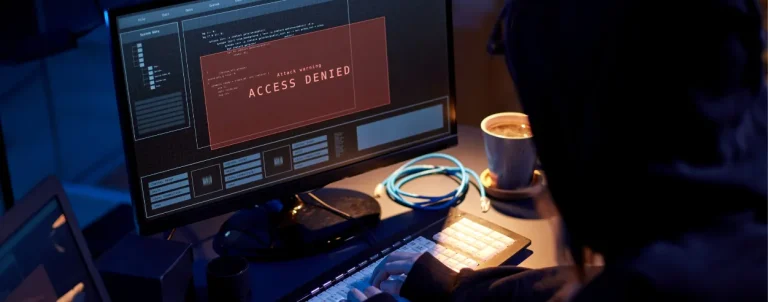Singapore – A recent report from digital solutions firm Zebra Technologies revealed that most retail associates expressed significant concerns over the lack of technology deployed to spot safety threats or criminal activity, noting 84% globally and 72% in the Asia Pacific region.
According to the report, 78% of retailers worldwide and 80% in APAC face high pressure to minimise theft and loss. This enables them to invest in technology tools that can help frontline workers and those watching operations from behind the scenes.
Among these tools, artificial intelligence (AI) technologies are currently viewed as the most effective when it comes to loss prevention, followed by cameras, sensors, and RFID. Although only 38% of retailers globally and in APAC use AI-based prescriptive analytics today, 50% globally and 52% in APAC aim to adopt it within the next 1-3 years.
Data further noted that over three in 10 retailers say they also plan to use self-checkout cameras and sensors (45% globally, 52% in APAC), computer vision (46% globally and in APAC), and RFID tags and readers (42% globally, 38% in APAC) within the next three years, specifically for loss prevention.
Interestingly, 78% of consumers find it annoying when products are locked up or secured within cases. Compounding this frustration is the difficulty to find store associates while shopping, according to 70% of consumers. This aligns closely with 79% and 70% of APAC shoppers, respectively.
Increasingly over the past two years, the reason why one in five shoppers (21% globally, 22% in APAC) left a store without getting what they needed was due to a lack of available retail associates to help.
Furthermore, fewer shoppers overall are satisfied with their shopping experiences this year. In 2023, 85% were satisfied with both the in-store and online experiences, noting 81% and 80%, respectively, for APAC shoppers.
In contrast, only 81% this year are satisfied with the in-store experience and 79% with online shopping. Satisfaction similarly decreased for APAC shoppers, to 78% for in-store experience and 75% for online shopping.
Most shoppers also expect retailers to provide easy click-and-collect and returns options, yet retailers (79% globally, 85% in APAC) and associates (85% globally and in APAC) admit challenges with both.
Many retailers also struggle to confirm current inventory and pricing. This challenge is further complicated with more shoppers returning to stores; lingering labour shortages and increasing loss incidents are having a greater impact on service levels.
Meanwhile, almost 90% of retail associates believe they can provide a better customer experience when they have mobile technology tools to help simplify real-time communication and prioritise tasks, as well as check prices and inventory.
Most retailers also agree technology allows associates to do their jobs better, and as a result, 75% of global retailers (79% in APAC) say they plan to increase their technology investments in 2025.
Drawing from said findings, the firm shared how retailers can exceed shopper expectations, drive profitability, and empower engaged associates. These recommendations include getting to know their customers, making it easier to find, pay for, and return items and find item-related information, keeping shelves stocked, protecting shoppers without overindexing on loss prevention, avoiding passing operational costs onto customers, as well as giving associates more technology.
Christanto Suryadarma, sales vice president for Southeast Asia (SEA), South Korea, and Channel APJeC at Zebra Technologies, said, “Retailers in Singapore and across the region are redefining the shopping experience to meet the demands of today’s consumers. Investments in mobile and intelligent technology will enhance operational visibility, empower store associates with greater mobility, and support informed decision-making, which are crucial for retailers to build the modern store experience and stay competitive.”
George Pepes, APAC vertical solutions lead, retail at Zebra Technologies, also remarked, “Adopting advanced technologies such as wearable scanners and linerless printing solutions can enable retailers to effectively address the multifaceted challenges of today’s business landscape.”
“These solutions are purposefully designed to mitigate issues such as stockouts while enhancing associates’ ability to deliver a seamless customer experience,” Pepes added.












